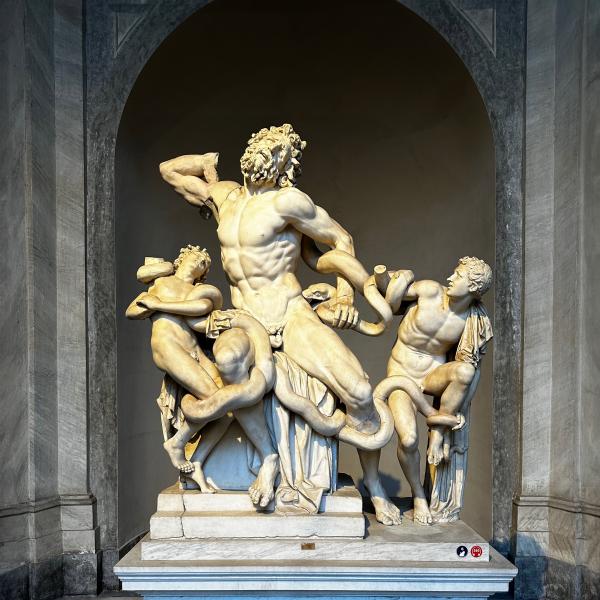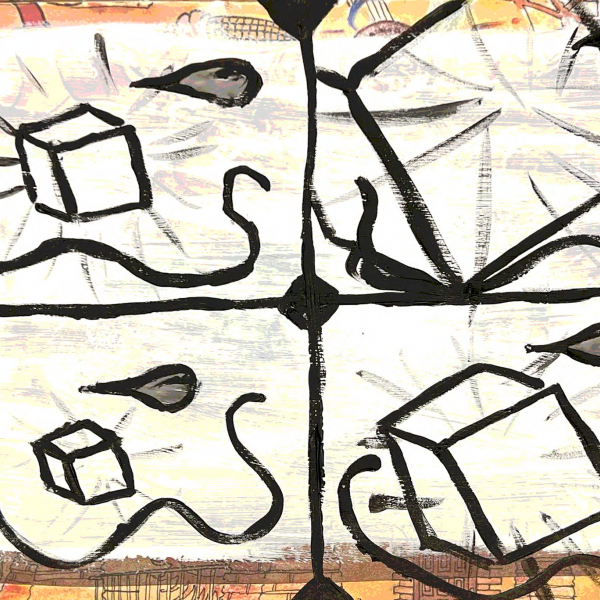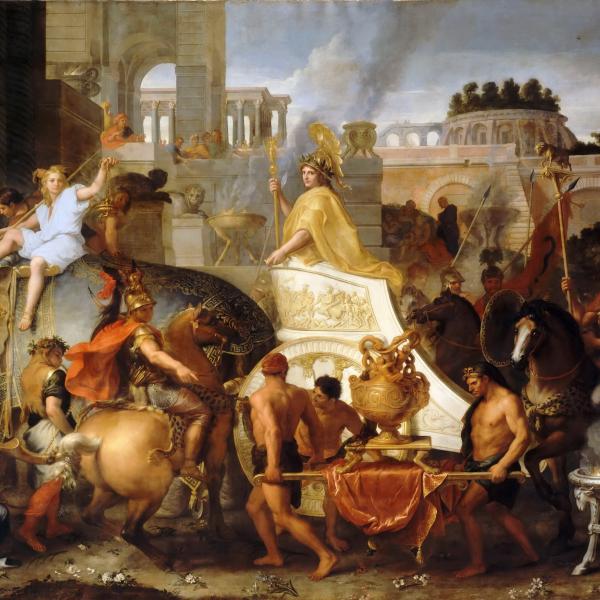There was not a monolithic mode of aesthetic expression during the New Negro Renaissance. Further, the sources for these expressions were just as varied. African American folklore was of particular interest to writers such as Zora Neale Hurston and Langston Hughes, who considered that this lore contained the emotional, spiritual, and psychological history of its people.
“Summertime” by George Gershwin was also engendered by this folklore as well. The song was written for the Porgy and Bess folklore opera based on Dubose Heyward’s novel Porgy. Like Hurston and Hughes who traveled to the South to immerse themselves in their people’s lore, Gershwin went to Folly Beach of James Island where he found cultural inspiration for the opera by observing the language and customs of the Gullah people.
The song “Summertime” is performed several times during the opera. The lullaby ensures the baby that while he is under the care of his parents there is no reason to cry since a propitious future lies ahead. A hurricane makes landfall and takes the life of Joe and Clara, the baby’s parents. Although death has left the baby orphaned, “Summertime” provides hope and faith, even though it seems towards the end of the opera that both are absent in this southern world. Sung as lullaby, the song contains elements of the spiritual which Gershwin modernizes for his contemporary audience who desire to hear this unique and fantastic mode of music. This synthesis of the spiritual and jazz would be repeated in music as well as in the performance arts and literature during the New Negro Renaissance.
-- Héctor Huertas




